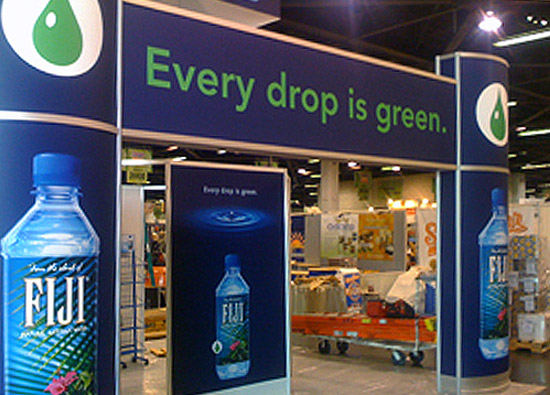"Clean Natural Gas?" Not So Fast.
Submitted by Steve Horn on
Acquiring "clean natural gas" and "getting off of foreign oil" are pitched as reasons to continue natural gas drilling in the Marcellus Shale. And yet, beyond all the problems associated with fracking, Pro Publica's Abrahm Lustgarten revealed in a January 25, 2011 article that "clean natural gas" isn't all that clean after all. Lustgarten writes,
The United States is poised to bet its energy future on natural gas as a clean, plentiful fuel that can supplant coal and oil. But new research by the Environmental Protection Agency … is casting doubt on the assumption that gas offers a quick and easy solution to climate change … Advocates for natural gas routinely assert that it produces 50 percent less greenhouse gases than coal and is a significant step toward a greener energy future …The EPA now reports that emissions from conventional hydraulic fracturing are 35 times higher than the agency had previously estimated. It also reports that emissions from the type of hydraulic fracturing being used in the nation’s bountiful new shale gas reserves, like the Marcellus, are almost 9,000 times higher than it had previously calculated …"
Environmental groups say we should be certain of the factual data about emissions and environmental effects of shale gas drilling before making major policy decisions that push the nation into dependence on methane gas obtained through drilling.

 The Fiji bottled water company is stomping out of Fiji in protest after the country's government increased a tax it charges on the water from one-third of a Fiji cent to 15 cents per liter. Half of Fijians lack access to safe water while the Fiji Water company exports clean bottled water to the U.S., where Americans shell out 3,300 times what tap water costs to buy it. According to the
The Fiji bottled water company is stomping out of Fiji in protest after the country's government increased a tax it charges on the water from one-third of a Fiji cent to 15 cents per liter. Half of Fijians lack access to safe water while the Fiji Water company exports clean bottled water to the U.S., where Americans shell out 3,300 times what tap water costs to buy it. According to the  CMD's guest blogger, Jill Richardson, has done some ground-breaking reporting on the potential cause of the massive bee die-off.
CMD's guest blogger, Jill Richardson, has done some ground-breaking reporting on the potential cause of the massive bee die-off.  Only 14 percent of
Only 14 percent of  A new
A new  Documentary movies about the American food industry, like
Documentary movies about the American food industry, like